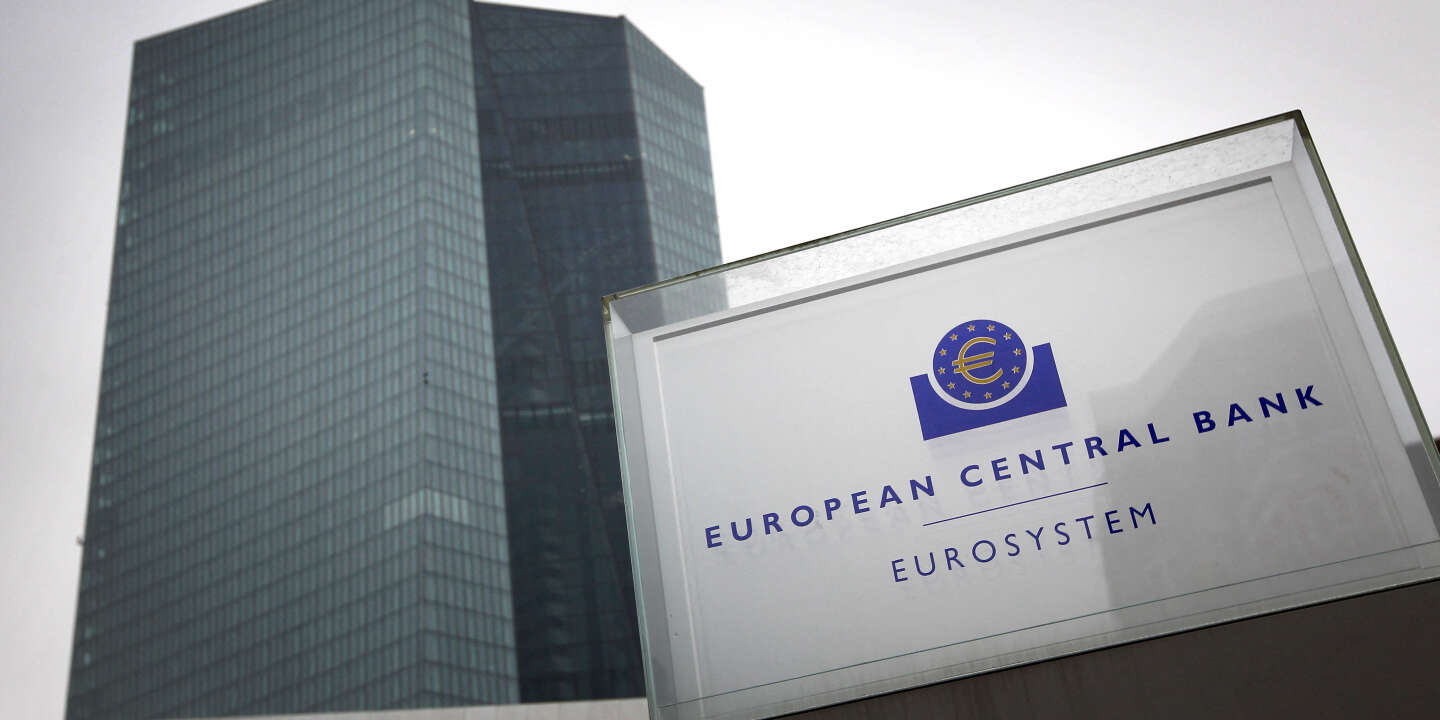“We remove the small wheels. “ The title of Morgan Stanley’s study, published on November 14, sums up the delicate phase that awaits financial markets: all over the world, central banks are tightening their monetary policy. With the end of their intervention and the interest rate hikes, the financial markets will have to learn to ride on their own. At the risk of falling severely?
The Covid-19 pandemic, which has yet caused an unprecedented freeze in economies, has barely made itself felt in the markets. In the United States, the S&P 500, the main stock market index, is currently reaching its all-time high, having increased by 44% since January 2020. The same is true in France, where the CAC 40 is also at its highest in its history, rising by 18% over the same period.
Soaring prices come from “unprecedented fiscal and monetary support,” Morgan Stanley bank recalls in report
Real estate prices are also soaring everywhere, especially in all the big cities. In the United States, housing currently sells for an average of 404,000 dollars (359,000 euros), 22% more than before the crisis. In France, real estate rose 5.9% over one year (between the third quarter of 2020 and the second quarter of 2021), despite successive confinements. Raw materials, oil and food products are also on the rise.
This all-out outbreak comes from a “Unprecedented fiscal and monetary support”, recalls Morgan Stanley. Governments in Europe and the United States have all practiced the same “Whatever the cost”, with partial unemployment, exceptional social assistance and loans guaranteed by the State. As for the central banks, the intervention was also exceptional: all interest rates went to zero, or even to negative levels, while asset purchases reached record levels. For example, the European Central Bank (ECB) has spent 2,000 billion euros since the start of the pandemic in March 2020, allowing states to finance themselves painlessly.
Deprived of easy money
This money has come to fuel the financial markets. Rather than buying debts, which do not bring in anything, investors turned to risky assets, especially stocks, which made the stock markets soar. Individuals were able to borrow at very low levels, which is supporting property prices. But this intervention is coming to an end. The pandemic is relatively under control, economies have reopened and, above all, inflation is soaring. In the United States, it reached 6.2%, in the euro zone 4.2%. Central banks are forced to react.
You have 34.46% of this article to read. The rest is for subscribers only.




